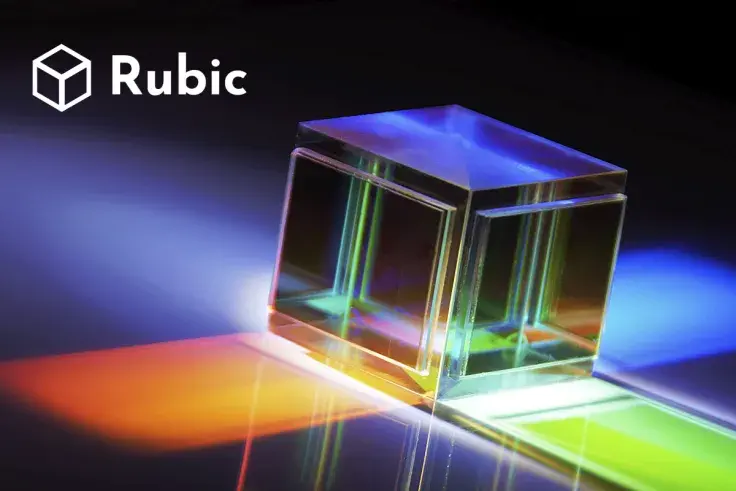
Disclaimer: The opinions expressed by our writers are their own and do not represent the views of U.Today. The financial and market information provided on U.Today is intended for informational purposes only. U.Today is not liable for any financial losses incurred while trading cryptocurrencies. Conduct your own research by contacting financial experts before making any investment decisions. We believe that all content is accurate as of the date of publication, but certain offers mentioned may no longer be available.
It has become obvious that the crypto industry is in dire need of a solution that simplifies Multi-Chain trading. The complexity of Multi-Chain swaps takes too long and is far too expensive for the simple act of transferring assets and value across networks. However, the days of complicated Multi-Chain swaps are about to end, as many projects are desperately trying to come up with their own Multi-Chain solutions.
Currently, swapping an ERC-20 token for a BEP-20 token is a clunky process that can be very confusing; requiring both source and target network's native assets, ultimately ending up being very expensive and time-consuming.
Let’s visualize the unoptimized, run-of-the-mill version of implementing a swap across different blockchains that almost all users have had to deal with until recently:
- User needs to identify which bridge they want to use between two networks, and then identify which tokens can be Multi-Chain swapped on the bridge;
- User needs to find and select a DEX on the source network that can swap Token A to one of these limited bridge tokens;
- User needs to swap Token A to one of the limited bridge tokens accepted by the network bridge;
- User accepts the swap and pays gas fees and DEX commissions in the coin of Token A's native network;
- User then must complete a Multi-Chain swap of the limited tokens through the bridge;
- User accepts the Multi-Chain swap and pays transaction gas fees and bridge commissions in the coin of Token A's native network;
- User then needs to find and select a DEX that can swap the wrapped version of this limited token to Token B on the target network;
- User then needs to swap target network's wrapped version of the limited bridge token for Token B;
- User accepts the swap and pays gas fees and DEX commissions in the coin of Token B's native network;
- User receives Token B.
The average person will never get past these hurdles, and it will limit the widespread adoption of DeFi. Luckily, some key projects are working on fast and easy solutions.
Rubic is leading the pack in such Multi-Chain protocols. Rubic features a Multi-Chain Swap Protocol that enables trading across the four most demanded blockchains: Ethereum, Binance Smart Chain, Polygon and Avalanche, with more than 9,500 assets in total. Rubic simplifies transferring tokens across several networks. For example, swapping $LINK (ERC-20) to $CAKE (BEP-20) is easy with Rubic. This project aims at connecting, on average, one blockchain per month, with the next integration being the Moonriver parachain network.
This month, the Rubic team integrated the Avalanche network into Rubic’s Multi-Chain Swap Protocol. Rubic connected 3 major DEXs in the Avalanche ecosystem: Trader Joe, Pangolin and SushiSwap. They did this to provide the best rates and the lowest fees for Multi-Chain Swaps on Avalanche.
In regard to the long-awaited Avalanche network integration into Rubic.exchange, the platform is offering users a Gas Refund for Multi-Chain Swap Protocol transactions of more than $200 worth of tokens within the Avalanche ecosystem. Currently, Rubic has built partnerships with $DUN, $TUN, $EXP, $CYCLE, $SING, $TSD, $AVE, $GB, $VSO, $YAK, $PNG, $MKC, $SWIFT and $JOE. The “Gas Refund” campaign started on October 19th and will last until November 2nd.
 Vladislav Sopov
Vladislav Sopov Dan Burgin
Dan Burgin